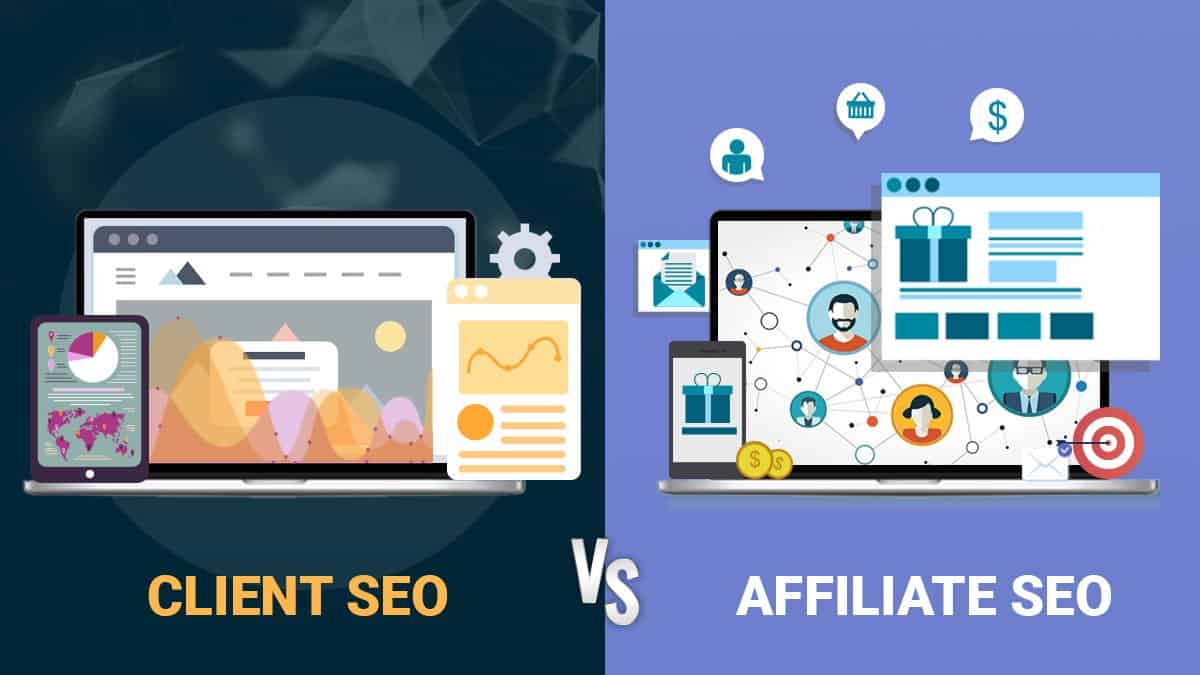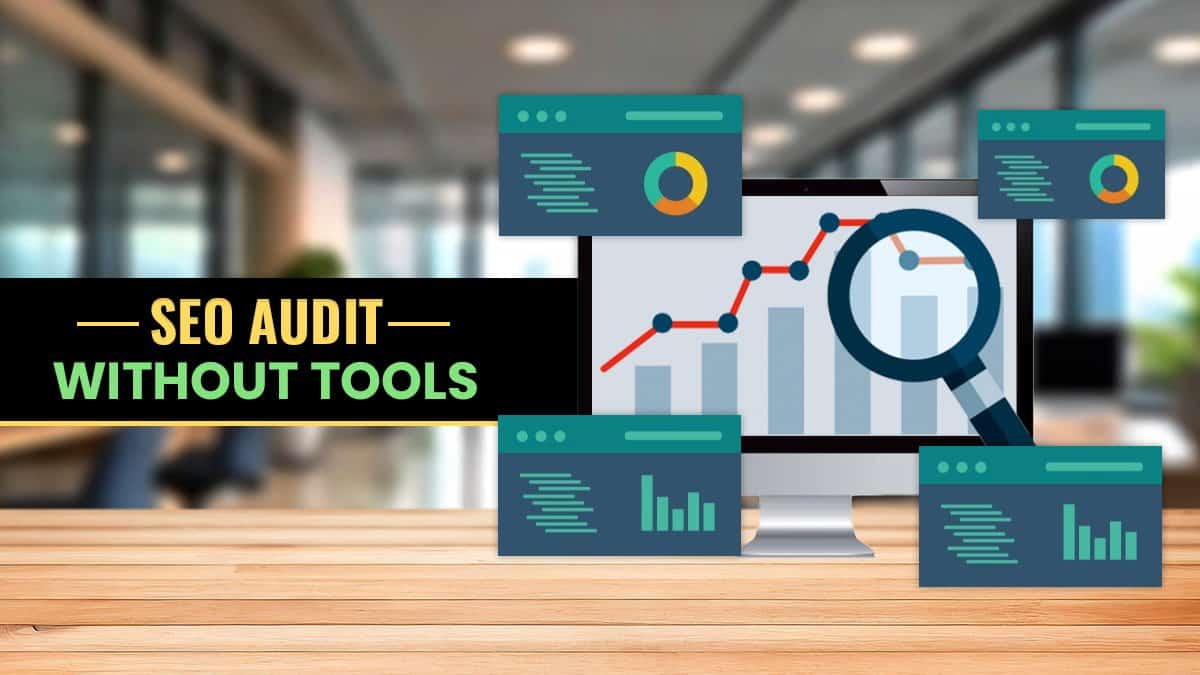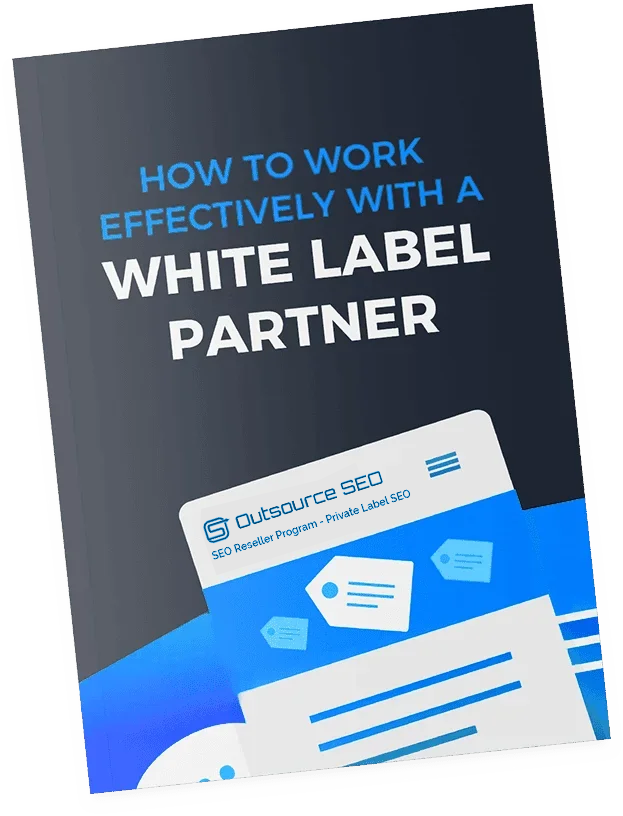If you’re new to SEO, you may wonder how long does SEO to show results. It’s important to understand that SEO is a long-term investment and not a quick fix. In this post, we’ll explore why SEO doesn’t offer immediate results and examine the factors that influence its effectiveness. From keyword competition to nuances in local SEO, we’ll delve into what makes an SEO campaign successful.
Why Does SEO Take a Long Time to Show Results?
Consider SEO as akin to cultivating a garden. Just as plants require time and care to flourish, SEO needs time to produce noticeable results. Search engines like Google sift through approximately 1.9 billion websites, taking time to identify updates on your site and determine where it stands in the grand scheme of things.
Several factors influence how Google ranks your website, including content quality, user experience, and backlinks from credible sites. If you’re targeting highly competitive keywords, ranking higher in search results becomes even more challenging. However, much like nurturing a garden, patience and consistent effort will eventually bear fruit. Stick with it, and you’ll see progress.
All experienced seo services providers suggest patience is key in the SEO journey as quality rankings take time to cultivate. Trust the process; your visibility and growth will reflect our strategic efforts.
Is It Enough to Do SEO Just Once?
The simple answer is no. SEO is more like a fitness regimen than a one-off effort. It requires ongoing attention for two primary reasons:
Search Engine Updates: Google frequently modifies its algorithms, meaning your current ranking is never guaranteed for the long term.
Competition: Your competitors are not standing still. They’re continuously working to improve their own search rankings.
Consistent and dedicated SEO work is crucial for achieving and maintaining success. In our fast-paced, tech-savvy world, anything valuable demands sustained effort. So keep updating, stay committed, and aim for that coveted top spot in search engine rankings.
SEO Timeline – Overview
Understanding the SEO timeline can be a complex puzzle, especially when you’re trying to figure out, “How long does SEO take to show results?” The reality is that there’s no one-size-fits-all answer, as various factors can influence the timeline. However, let’s break it down into manageable phases:
Initial Stage (1-3 months): Consider this the foundational period. During this time, you’ll audit your content, address technical issues, and implement basic improvements.
Middle Stage (4-6 months): This phase calls for a focus on specific keywords and refining your website based on data-driven insights.
Progression (7-12 months): As your website gains traction, concentrate on acquiring backlinks from reputable sites to boost your online presence. Experiment with different strategies to see what yields the best results.
Maintenance (12+ months): Beyond the first year, the aim is to sustain your efforts. Continue to target relevant keywords, build relationships with other websites, and stay abreast of any changes or updates Google introduces.
Remember, every website is unique, so your mileage may vary. SEO is not a quick win but more of a marathon requiring ongoing effort. Patience and persistence are key. Stick with us as we delve into each stage in greater detail and shed light on the inner workings of SEO.
Also Read: What is SEO Management? Ultimate Guide to Success for SEO Managers
Factors Influencing SEO Time
Achieving success in SEO is akin to preparing a sumptuous meal; it demands patience and the right ingredients. Several critical factors contribute to the timing of SEO outcomes:
-
History of Website
Your website’s past performance with Google can be a telling indicator. If your website has a clean and trustworthy track record, you’re likely to see quicker and more positive SEO results. On the other hand, if there have been past blunders—like using deceptive tactics to game Google—it may take longer to regain Google’s trust.
-
Keyword Competition
Imagine being in a crowded room where everyone is vying for attention. This scenario is akin to competing for popular keywords. When numerous websites target the same keywords, climbing up the search rankings can be a slow process. To expedite your ascent, consider focusing on less competitive, more specific keywords that are still relevant to your content.
-
Domain Authority
Domain Authority is a metric that gauges the likelihood of a website ranking well in search engine results. This score, which ranges from 1 to 100, is calculated based on various factors such as the quality and quantity of inbound links, content relevance, and the site’s overall credibility.
A higher score suggests a greater potential to rank well in search results. In essence, if your Domain Authority is high, it indicates that Google considers your site trustworthy, which can speed up your SEO progress.
-
Backlink Building
The time it takes for backlinks to impact your rankings can vary. In some instances, you may observe a change in your website’s search placement and traffic without resorting to paid ads in just a matter of weeks. Generally, however, it takes a few months for search engines to fully recognize the value of new backlinks, as they require time to crawl, index, and evaluate the web.
-
Link Count
Quality trumps quantity when it comes to backlinks. While having a large number of backlinks can be beneficial, what truly matters is the quality and relevance of those links to your content. Instead of obsessing over the sheer number of links, concentrate on acquiring high-quality links that are directly related to your content. A handful of strong, relevant links can often be more impactful than a multitude of weaker ones.
-
Technical SEO
Technical SEO involves optimizing the backend of your website, which includes tasks like improving site speed, fixing broken links, and enhancing site structure. These improvements help search engines, such as Google, better understand your site’s content, leading to improved visibility and higher rankings in search results. Think of this as laying the foundational bricks for your website. If your site is slow or unstable, your SEO efforts will take longer to yield noticeable results.
-
Can Blogging Improve SEO?
Absolutely. Regularly publishing quality blog posts can serve multiple purposes: it keeps your content fresh, allows you to target specific keywords for greater online visibility, and attracts backlinks from other websites. Increased user engagement and traffic signal to search engines that your site is valuable and helpful, which in turn boosts your ranking in search results and draws in a more organic audience.
Also Read: Google Not Indexing Pages? Quick Fixes You Need
How Long Does It Take for Local SEO to Show Results?
Local SEO is crucial for local businesses aiming to be discovered and succeed online. But when can you expect to see results? Typically, it takes about three months to start noticing differences. Here’s a more detailed breakdown:
-
Current Position of Your Website
To gauge the effectiveness of your local SEO strategy, examine factors like your website’s current ranking in search results, its online visibility, and the efficacy of your local optimization efforts. Tools such as Google Analytics and Google My Business Insights offer valuable data that can help you understand how your website performs in your local area and identify areas for improvement.
-
Continued Dedication
Consistency is key to succeeding in local SEO. With ever-evolving local search algorithms and fierce competition, it’s vital to maintain regular activities like updating your business information online, soliciting customer reviews, enhancing your website’s content, and engaging in local community events. These actions ensure the continued success of your local SEO strategy and help maintain your online visibility.
-
Rate of Change
The speed at which you respond to various elements, from customer reviews to website issues, is crucial. Prompt responses enhance user experience and can positively impact your SEO. But local SEO isn’t just about Google visibility; it’s also about being found within the specific geographic area your business serves. This involves managing online reviews, participating in local social media channels, and other similar localized activities.
If you’re new to local SEO, reaching the top may take approximately a year. It’s essential to set realistic goals and understand that achieving significant results can be a lengthy process.
While it may take longer than some traditional marketing methods, local SEO is cost-effective and yields lasting benefits. Over time, your online visibility will increase, drawing more potential customers, website visits, and even foot traffic to your physical location.
How Much Time Does It Take for Google to Update SEO?
Understanding the timeline for SEO results is like solving a constantly shifting puzzle. To simplify this, let’s look at some key factors:
-
Google’s Algorithms
Google’s algorithms are intricate and ever-changing. Because they regularly scan and update website information, achieving stable rankings can take some time.
-
Indexing and Crawling
Research indicates that Googlebot, Google’s web crawler, may visit your website between four days to four weeks after you’ve made major updates. Patience is essential when monitoring your rankings post-SEO changes.
-
Google Dance
This term hails from the early days of SEO and refers to the fluctuations in website rankings during Google’s index updates. These algorithmic shifts can affect the speed at which your SEO changes translate into tangible results. Here’s a rough timeline to give you an idea:
Initial Crawling: After making changes, Google’s bots usually scan your page within 4-6 hours.
Indexing: Post-crawling, Google begins the indexing process, where your updated pages are listed. This can take anywhere from a day to nearly four weeks.
Ranking Adjustments: If your SEO tactics are effective, you may start to see minor changes within a week. However, significant improvements generally take longer.
Patience and perseverance are crucial for SEO success. The timeline for SEO results varies from website to website and depends on factors like site reputation, keyword competition, and others.
How Much Time Does It Take to Get Organic Traffic to a Website?
Understanding how long it takes for SEO to drive organic traffic to your website can be complex. It’s crucial to remember that SEO is a long-term investment that doesn’t yield instant results. Your patience will be a valuable asset.
The time required to notice an improvement can vary widely, depending on your website’s popularity and the competition for your target keywords. Research by Ahrefs shows that 95% of new pages don’t make it to the top 10 search results within a year. However, these are average figures; some websites may see results sooner. So, why does it often take so long?
Much of it comes down to Google’s algorithms, which tend to favor established, frequently updated websites with quality content. Continuously improving your site creates favorable conditions for climbing the search ranks over time. Let’s break down this timeline:
Beginning Phase: After implementing changes to improve your site, the waiting begins. You’ll need to use relevant keywords, organize your site effectively, and provide valuable content. In the first couple of months, you might not notice a significant increase in organic traffic.
Growth Phase: Months three and four post-optimization are pivotal. Continued efforts in optimization and backlinking can gradually improve your standing in search results. Though the changes might be subtle, they start to accumulate.
Blossoming Stage: After six months to a year of consistent SEO work, you’re likely to see more noticeable results. If you’ve been diligent in optimizing your site, you’ll experience a significant uptick in organic traffic. This is the point where your site gains traction and begins to rise in search rankings.
In summary, SEO is not a “set it and forget it” endeavor. It demands ongoing effort and commitment. Consistency and quality will eventually yield favorable results. SEO is a marathon, not a sprint, and those who persist are the ones who ultimately prosper.
Wrapping Up
The question often on our minds when diving into digital marketing is, “How long does it take for SEO to show results?” It’s akin to the anticipation of waiting for a blockbuster movie to release; the excitement is palpable. However, it’s crucial to recognize that SEO is not a one-off endeavor.
The timeline for SEO outcomes can vary widely—sometimes results come quickly, sometimes they don’t. But it’s not solely about the pace of change; it’s also about the quality and impact of those changes. Consider SEO like cultivating a friendship; it’s not just about being there, but also about being consistently and genuinely engaged.
In essence, SEO is an art. Each modification you make is an enhancement, rendering your digital canvas more inviting for your audience to explore and connect with. So, in the expansive digital landscape, trust the steps you take and be optimistic about your future achievements. Your diligence will undoubtedly bear fruit.
FAQs
Why does SEO take time to yield results?
SEO involves implementing various strategies to enhance a website’s visibility in search engine rankings. These range from content optimization and link building to technical improvements. Search engines require time to crawl, index, and rank web pages. These processes can be slowed down by industry competition and complexity.
How can I expedite the SEO process?
While SEO is inherently a long-term strategy, you can accelerate the process by creating high-quality content, acquiring valuable backlinks, optimizing the technical aspects of your site, and staying updated on best practices. Consistency and patience are key.
Can combining PPC with SEO lead to quicker results?
It’s important to differentiate between the goals of SEO and PPC. PPC can offer quick wins, but SEO provides a more sustainable, higher return on investment over the long term.
Are there industry-specific factors that influence the time needed for SEO to take effect?
Yes, industry-specific conditions matter. Highly competitive or complex industries may require a longer time frame and more intensive efforts to achieve significant SEO results. Conversely, smaller industries with less competition could see quicker gains








